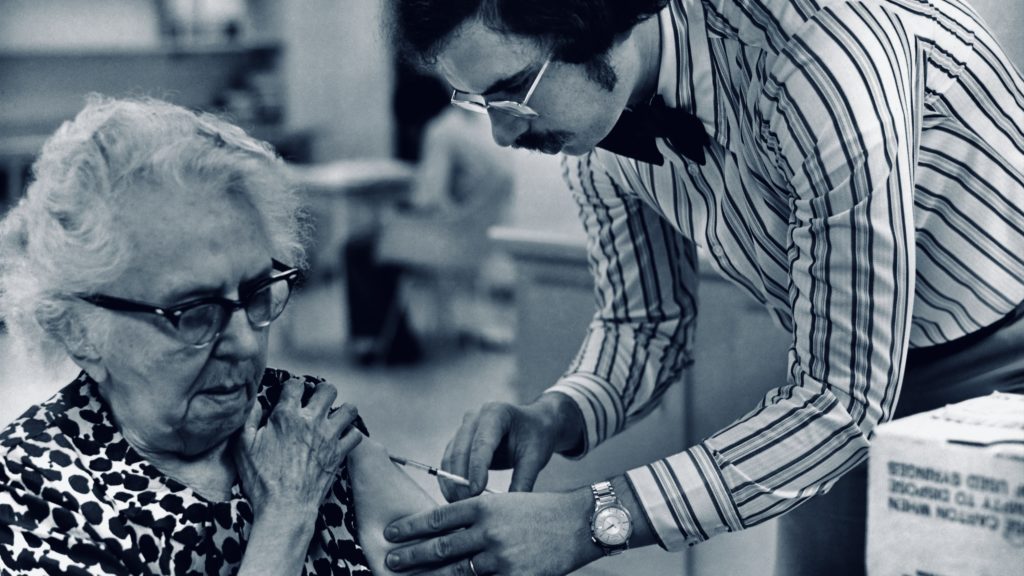If you spend any time with doctors, epidemiologists and concerned citizens on Twitter you’ll catch the latest debate: One vaccine or two for COVID. The logic is that given limited supplies of vaccine we’re better off with more folks getting one vaccine with reasonably good protection rather than immunizing a smaller number up front with better protection. To date our success with role out has been poor with the United States dosing only 1 percent of the population.

Bob Wachter and Ashish Jha boiled it down in favor of one vaccine in The Washington Post this week. This paper published today in the Annals of Internal Medicine offers a model around a delayed second vaccine could substantially increase the benefits while still allowing most recipients to receive second doses on schedule.
Here are a few things we can learn from the debate:
1. Everyone’s an COVID policy expert
We’ve known for a while that access to data and a platform for publication make anyone an expert. Zeynep Tufekci who is not formally trained in epidemiology was one of the earliest to raise the single dose question. What’s interesting is that the once vaccine versus two debate has nothing to do with expertise or authority. (Okay, true confessions: I took a pot shot at Nate Silver just before Xmas because I find him profoundly annoying). But truly, around this debate I’ve seen the acceptance of people for their ideas and not their pedigree or place in The Guild. This is subtle but significant shift in social network behavior IMHO.
2. We’re learning as we go
Since the start of this we’ve been in a constant state of flux with regard to what we know and what we understand about COVID. I’m bearish about the modified schedule. But if our recent history is any indication, we should keep an open mind regarding how we need to adjust course.
3. Models are perfect. Local operations – Not so much
The model outlined in Annals above is compelling. But when we look at the issues we’ve faced with local distribution here in the U.S. I think it’s a pipe dream to think that we would pivot on a dime and reallocate pending second doses. Beyond the logistic challenges we saw with the first wave (Stanford’s vaccine algorithm kerfuffle), the communication challenges alone seem overwhelming. We can theorize all we want. If operations can’t keep up, we’re screwed.
4. Believing folks will act logically is magical thinking
If you think people will act predictably in the face of prevailing threats and good science, talk to a pediatrician. For years we’ve been facing the reality that smart, well-intentioned folks won’t necessarily behave responsibly when it comes to vaccines. Look at the stats emerging from isolated areas of California as case-in-point. So we can argue about the modeling of altered schedules – if folks won’t take it, the discussion is a total waste of time.
I’m not confident that our current challenges represent vaccine supply over distribution/allocation issues. The looming question of durability of immune response with just one shot is not insignificant.
The pediatrician in me is going to fall in line with not altering vaccine schedule based on our best evidence.